You Don’t Need a Lot of Stuff to Teach
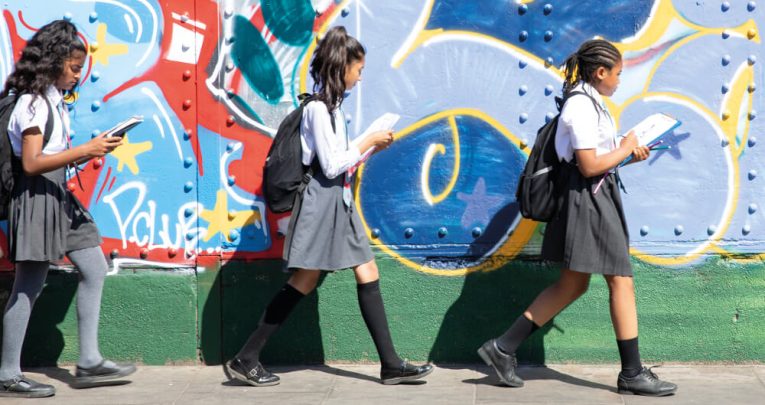
Helen Mulley visits the East London Science School, where an uncompromising vision is opening the world for every student…
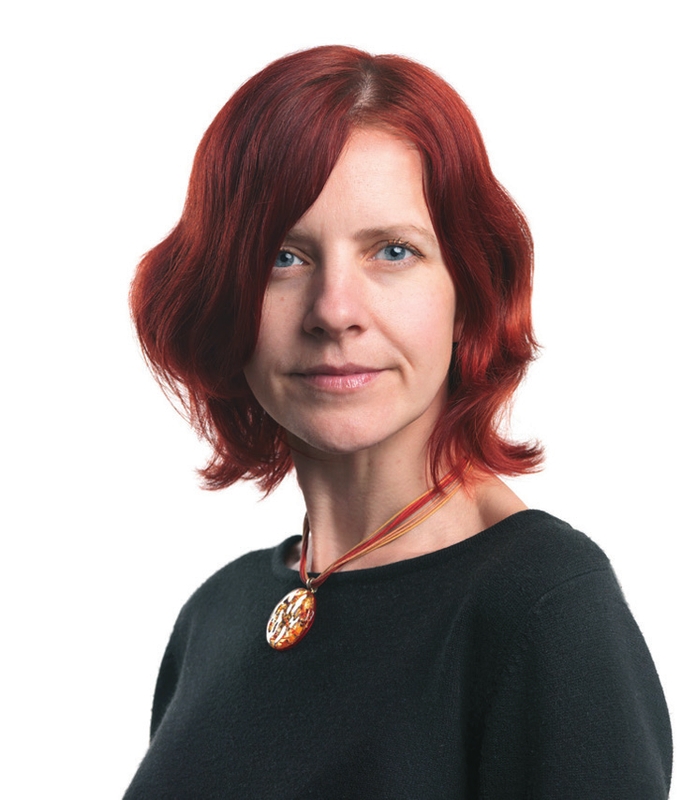
- by Helen Mulley

I have a confession: on the morning of my visit, having left my vehicle as instructed, in a Tesco car park, I walked back and forth across cobbles right past the entrance to the East London Science School three or four times before realising that my phone hadn’t gone mad, and I had indeed ‘reached my destination’.
I visit a lot of secondary schools – but not many of them are located in a distillery mill that was still grinding grain for gin until 1952, beside one of London’s largest TV and film production studios (The Inbetweeners Movie was shot there, I’m amused to note – albeit a couple of years before actual teens moved in next door).

From the outside, then, the ELSS really doesn’t look like an educational establishment – and once you get inside, the slightly surreal impression continues, with smartly uniformed KS3 students and their teachers good-humouredly negotiating a labyrinthine arrangement of steep, narrow staircases, quirkily shaped rooms, and several remaining features of the original Clock Mill.
KS4 learners study at Lock Keepers, a ten-minute stroll away along the canal path – and this year, a sixth form was added, at a third site in the area.
“Every morning I walk by the water to school,” Ruha, one of my two Y7 guides, tells me with a beaming smile. “It’s such a lovely, peaceful way to start the day.”
It’s what they know
 “I’m eminently pragmatic about what we are trying to do here,” principal David Perks explains, once Ruha and Titas (they are in the same tutor group, Newton – for now, at least, of which more later) have finished showing me around the school of which they are both, evidently and immensely proud.
“I’m eminently pragmatic about what we are trying to do here,” principal David Perks explains, once Ruha and Titas (they are in the same tutor group, Newton – for now, at least, of which more later) have finished showing me around the school of which they are both, evidently and immensely proud.
“The building is irrelevant. Yes, it causes us issues – but we make opportunities.”
In fact, when David and a group of volunteers got the go-ahead for a new free school in 2013, they didn’t have a site at all. The Clock Mill was only supposed to be needed for a couple of years; as it turns out, the ELSS should be moving to a permanent, purpose built home in 2021.
But, as David says, while that will make life easier in many ways, it’s neither here nor there when it comes to the real business of what he and his team have been doing from the start; which is offering an uncompromising and unapologetically academic vision of education for every child in their care, regardless of ability or background.
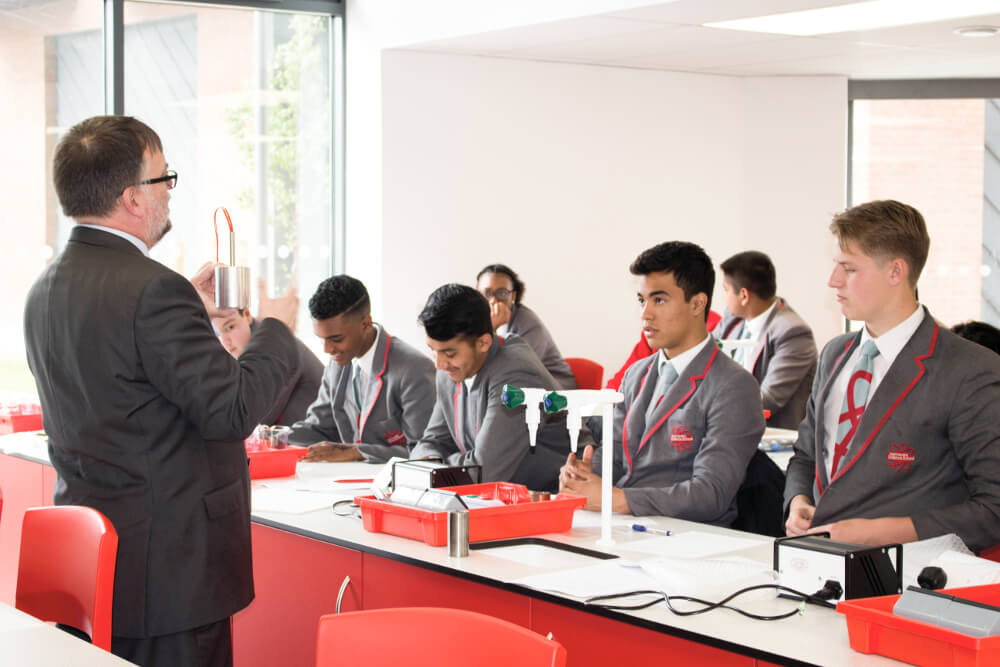
So what does this look like in practice? Well, amongst other things, it means a demanding curriculum from the start of Year 7, with physics, chemistry and biology taught as specialist, discrete subjects; a rigorous approach to the humanities; and Latin and coding for every KS3 learner.
“We set out to do the qualifications that we think give you the best education you can get,” says David.
“So, we judge ourselves by the EBacc – not for the league tables, but because it’s how we can hold ourselves to account.
“We insist on a modern foreign language, for example, because we think we think it is incredibly important part of being an educated citizen in this country – especially now.
“And yes, we do value the arts; but we are passionate about teaching them properly, not in a cheap, trivial way that gets you a qualification regardless. We want our students to learn how to read music (even though the GCSE, incredibly, doesn’t demand it), and to draw, and to appreciate art, understanding where it comes from.”
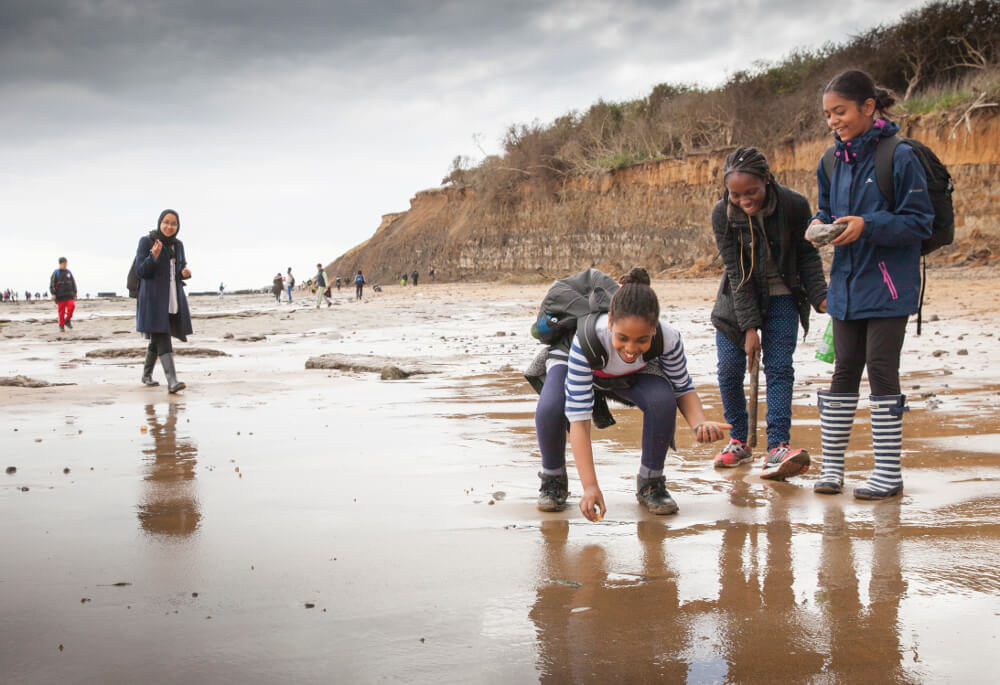
It also means constant, meaningful assessment – so that at any point, teachers know exactly what students do, and don’t, understand.
Instead of being put put into sets for specific subjects, learners are ‘banded’ by ability – it’s a streaming system, essentially, but with two crucial differences from how such arrangements usually work: first, the bands (named after notable scientists) are reviewed after half-termly exams, so pupils are constantly moving between them, and secondly, the curriculum content is exactly the same for everyone.
“We rank them, too,” David informs me, sensing my hesitation and grinning wickedly.
“It’s a positive thing, because we act on it – if someone is doing badly, we work with them to make it better. We talk about it all the time, and yes, we are brutally honest, because what’s the point in deluding yourself? We work hard to remove the barriers, and our kids know it.”
No limits
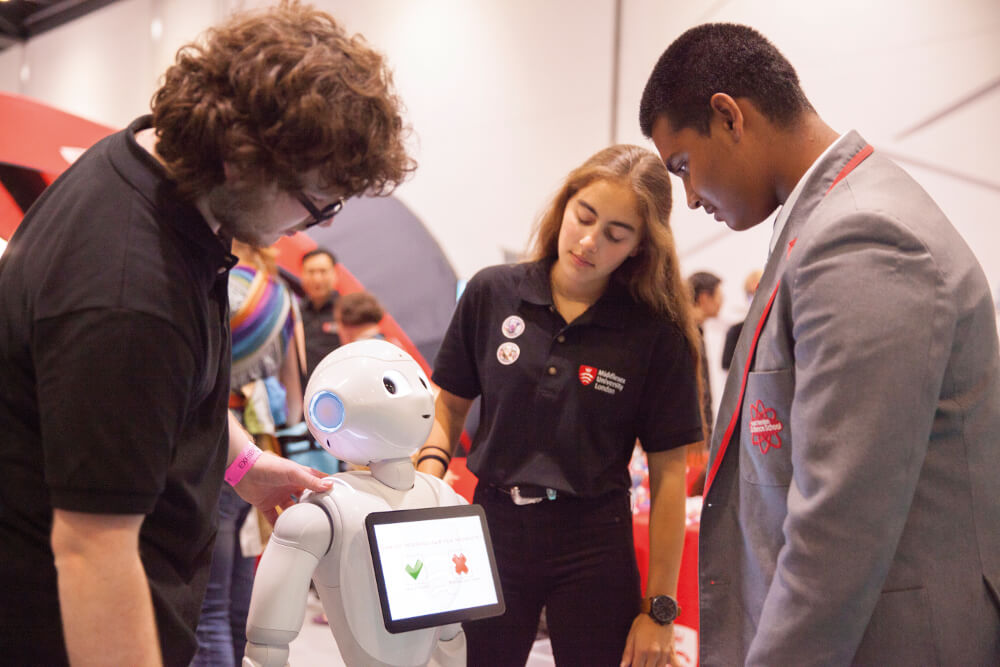
Such an openly competitive approach might not appeal to everyone in theory – but by the end of my tour around the school’s classrooms, homework space (there’s an hour of prep daily) and laboratories, it’s clear to me that whilst the youngsters at ELSS are encouraged to see how they are progressing in comparison with their peers, the overwhelming ethos here is about taking yourself as far as you can go.
Being in the lowest band today has nothing to do with innate ability, or a lack of it – it just means you’ve got more to do.
There are no limits; and because the children know they are surrounded by adults who genuinely believe this, they tend to rise to the challenge.
It’s not elitist; it’s empowering, and it’s joyful.
And for David Perks, it really couldn’t be more straightforward. A physicist to his core, he has no patience for pedagogical navel-gazing, nor ideological turf wars.
“We’ve lost an understanding of what it means to educate young people,” he insists.
“As a society, we don’t get enough out of kids – because we don’t try. There’s a cultural pessimism about education; we’ve got to fight against it. And it’s not about money, either. No one’s coming along with a pot of gold – that’s not the point. You don’t need a lot of stuff to teach. We’re creating problems, in multiple ways – but it’s so simple. Just teach!”
“London is our classroom”
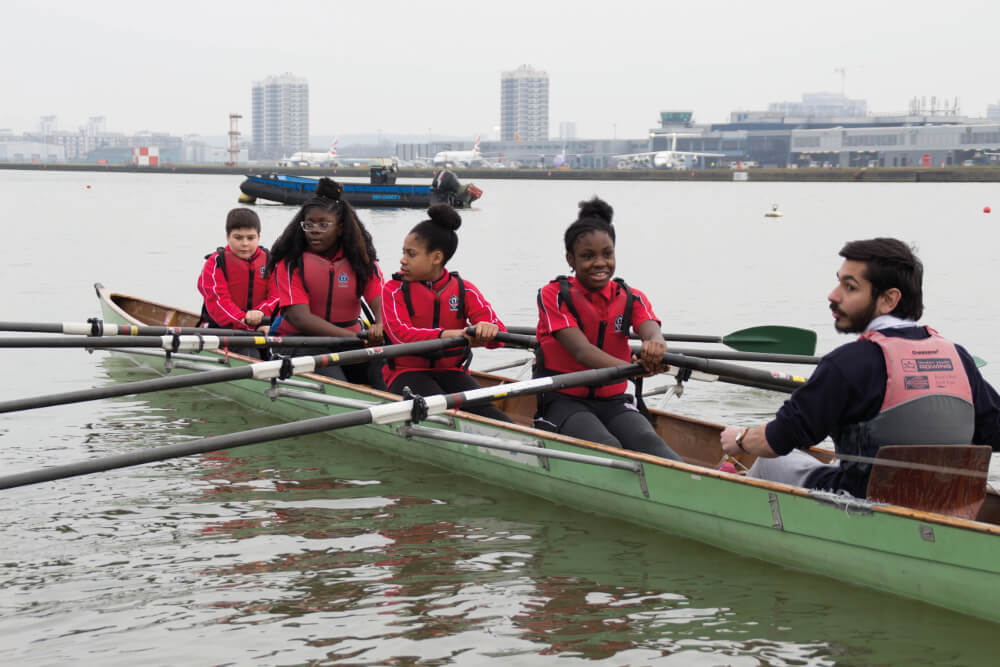
Alongside academic opportunities, young people at the ELSS benefit from a fantastic enrichment programme, which has been integral to the school’s ethos from the outset.
“The one thing I knew we needed in terms of location was to be near a Tube station,” David points out.
“Without what we offer, a lot of our kids would never explore beyond their own postcode. We take them to museums, galleries, exhibitions; and pretty much all at no cost to families.”
As well as weekly trips, students experience an annual ‘enrichment fortnight’, packed with opportunities tailored to each year group, and many are able to take part in trips as far afield as China, New York and Iceland; high profile figures are also invited into the school to speak to pupils. “We say that ‘London is our classroom’,” David adds, “and we mean it.”











